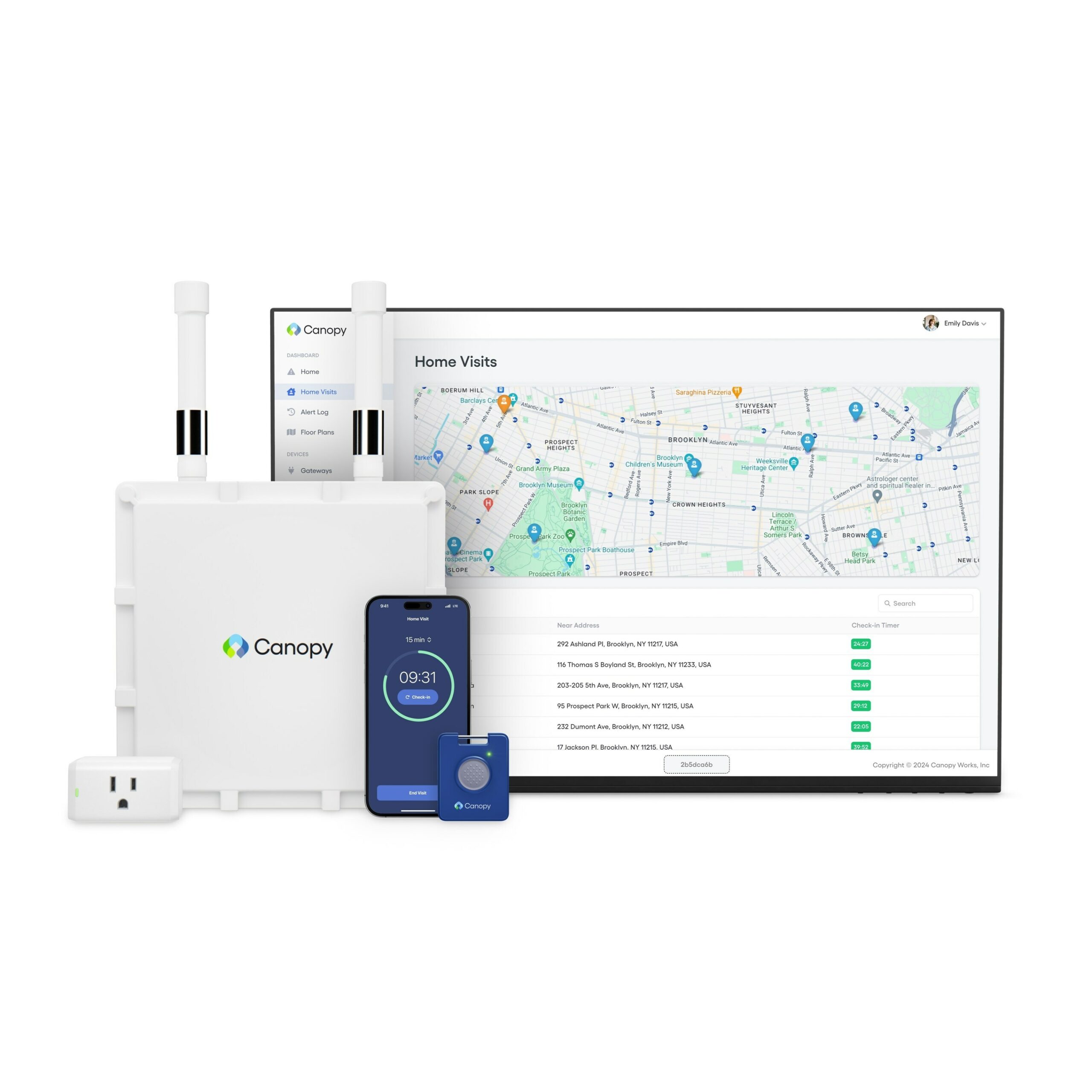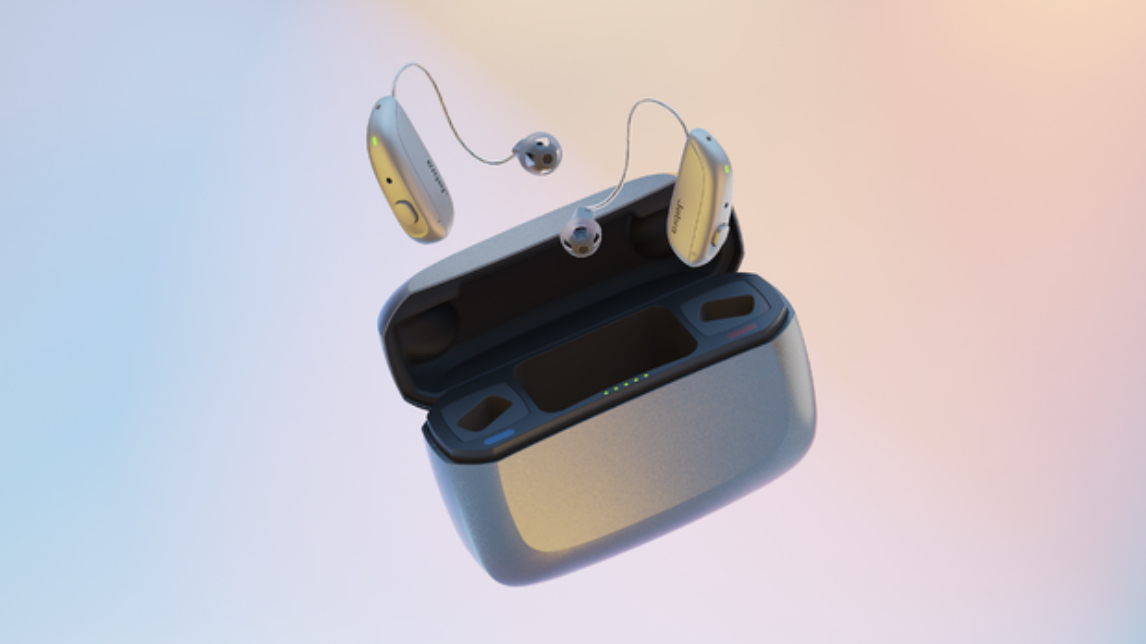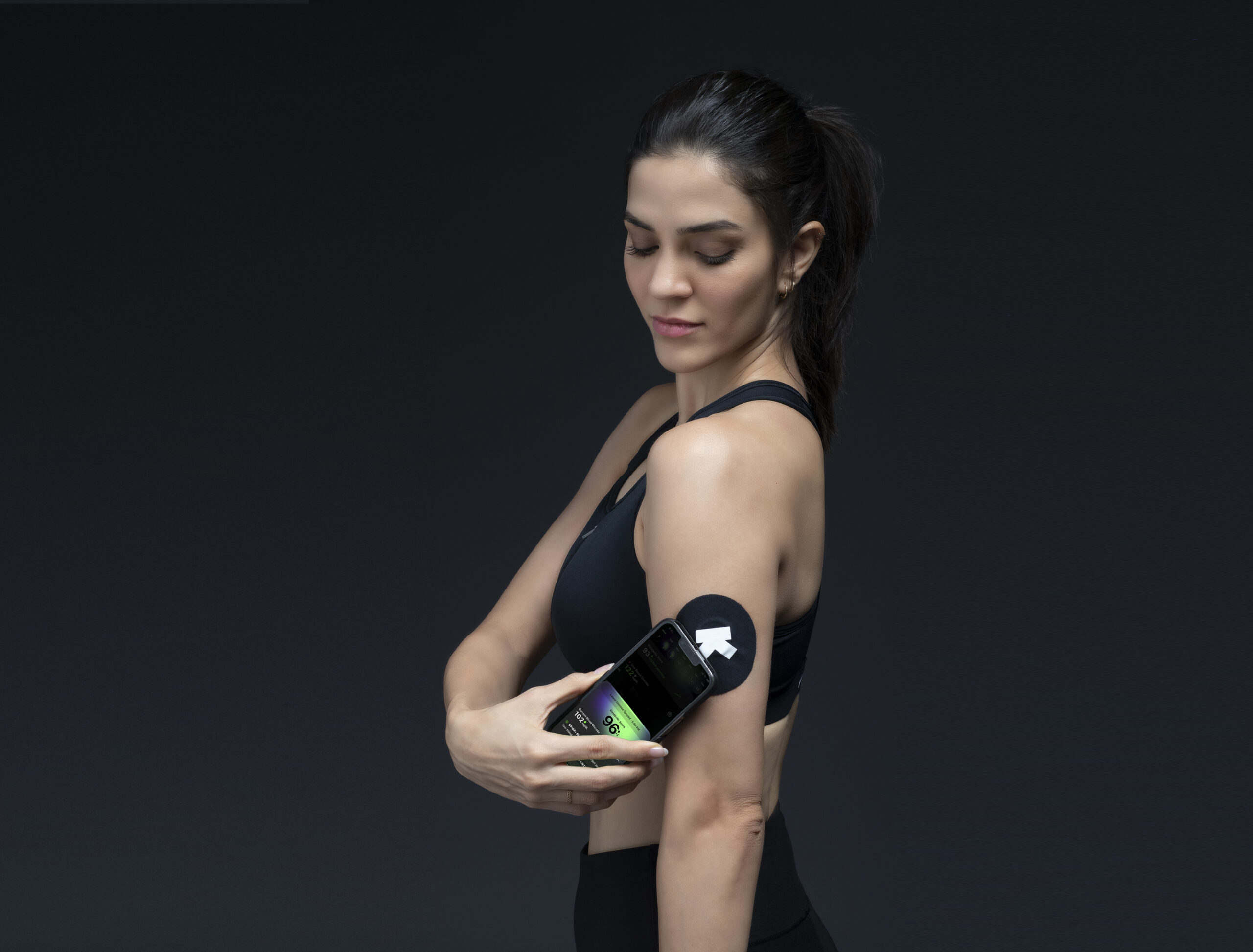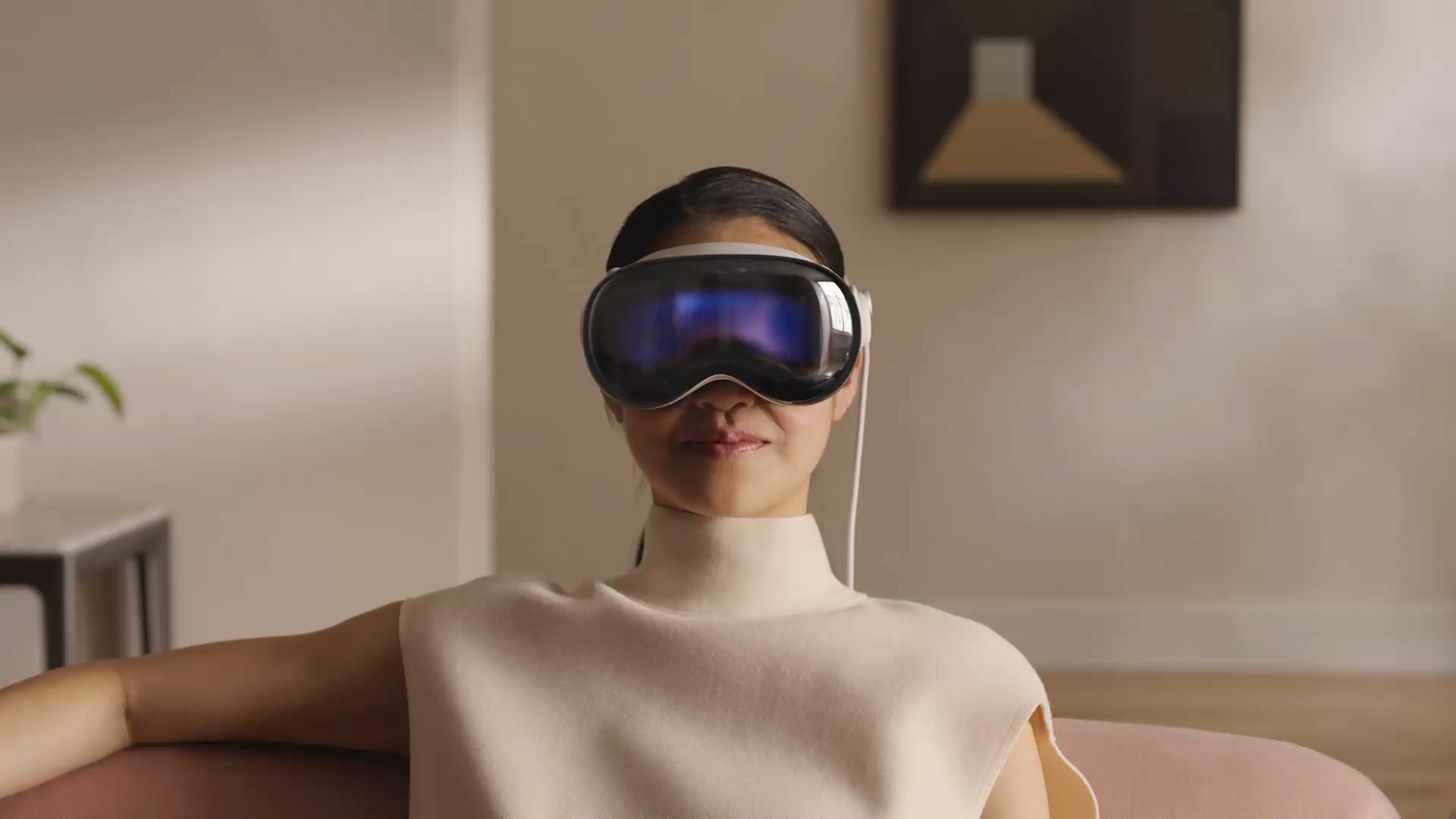What You Should Know:
- Canopy, the leading provider of wearable safety technology for healthcare workers, announced a significant expansion of its platform.
- The company unveiled two key innovations: Wear-1, a new wearable safety button, and Canopy Go, a home health solution. This expansion extends real-time safety support beyond hospital walls, protecting healthcare workers wherever they provide care.
Introducing Wear-1: A Durable and Discreet Safety Button
The new
Read More
Wearables in Healthcare| Medical Grade | News, Analysis, Insights - HIT Consultant
Jabra Enhance Launches Smallest OTC Hearing Aid
What You Should Know:
- Jabra Enhance, a leader in the direct-to-consumer hearing care space, today launches Jabra Enhance Select 500, its smallest, most advanced hearing aid yet.
- The Enhance Select 500 is the new flagship model in Jabra Enhance’s lineup of over-the-counter hearing aids. It delivers the latest in hearing technology with SoundScape™ for next-level listening and advanced Bluetooth features including
Read More
Enable Injections, Roche Expand Partnership to Advance Wearable Drug Delivery
- Enable Injections, Inc. ("Enable"), a leader in wearable drug delivery technology, today announced an expanded partnership with Roche.
- The collaboration leverages Enable's expertise in the enFuse® platform to accelerate the development and commercialization of innovative treatment options.
EnFuse Technology: Revolutionizing Drug Delivery
The enFuse platform is a groundbreaking wearable device designed for:
Subcutaneous Delivery of Large Volumes: Unlike traditional methods,
Read More
Ultrahuman Opens U.S. Manufacturing Facility for Wearable Rings
What You Should Know:
- With smart ring market leadership within its sights, Ultrahuman has today announced plans to open a manufacturing facility poised to accelerate its production capacity.
- The UltraFactory will be located in Indiana. It opens within the next six months and will be the launchpad for Ultrahuman’s next phase of growth.
Ultrahuman Sets Industry Benchmark with Launch of
Read More
Ultrahuman Scores $35M to Expand Smart Ring for AI-Powered Health Tracking
What You Should Know:
- Ultrahuman, a pioneer in wearable health technology raises $35M in Series B funding led by prominent like Blume Ventures and Steadview Capital.
- Ultrahuman is set to achieve a significant milestone by the end of 2024 – surpassing $100M in annualized revenue run rate (ARR) while remaining profitable.
Building a Multi-Device Health Ecosystem
Ultrahuman: A Multi-Device Ecosystem for Holistic Health
Ultrahuman stands out as a leader in the health-tech
Read More
Samsung and CrisisGo Launches Industry-First Smartwatch Panic Solution
What You Should Know:
- CrisisGo, a leading provider of safety solutions, announced a strategic collaboration with Samsung Electronics America to launch an industry-first smartwatch panic solution.
- This innovative partnership equips Samsung smartwatches with a powerful 2-way emergency communication application, revolutionizing safety for organizations like schools, healthcare facilities, and businesses.
Unveiling a Comprehensive Safety Package
This first-of-its-kind solution offers
Read More
Samsung Galaxy Watch Receives FDA Nod for Sleep Apnea Detection
What You Should Know:
- Samsung's Galaxy Watch has received De Novo authorization from the US Food and Drug Administration (FDA) for its sleep apnea detection feature.
- This marks a significant step forward in wearable technology, making it the first of its kind to be approved by the FDA for detecting potential sleep apnea.
Defining Sleep Apnea
Sleep apnea is a common and chronic sleep disorder where breathing repeatedly stops and starts during sleep. This can lead to disruptions in
Read More
TRIPP Takes VR Meditation to New Heights on Apple Vision Pro
What You Should Know:
- TRIPP, the award-winning wellness company, announces its arrival on the highly anticipated Apple Vision Pro, redefining the boundaries of personalized well-being experiences.
- The integration with Apple Vision Pro unlocks TRIPP's most immersive and visually captivating journey yet, seamlessly blending awe-inspiring worldscapes with users' surroundings through Apple Vision Pro's groundbreaking spatial computing capabilities.
Reimagining Wellness with Apple Vision
Read More
New Study Links Depression to Higher Body Temperature Using Oura Rings
What You Should Know:
A new study led by researchers at the University of California San Diego and the University of California San Francisco suggests a surprising link between depression and body temperature. Published today in Scientific Reports, the findings reveal that individuals with depression tend to have higher body temperatures, opening up potential avenues for novel treatment approaches.
Higher Temperatures, More Symptoms
The study, involving over 20,000 participants
Read More
Fitbit and Quest Diagnostics Launches Wearables for Metabolic Health Pilot Study
What You Should Know:
- Fitbit, the leader in wearable technology, and Quest Diagnostics (NYSE: DGX), a provider of diagnostic information services, announced the launch of the Wearables for Metabolic Health (WEAR-ME) pilot study.
- This pilot study will explore the potential of wearable devices to revolutionize how we assess and manage metabolic health, a key factor in preventing chronic diseases like diabetes and heart disease.
Beyond Steps: Wearables for Deeper Insights
While
Read More









